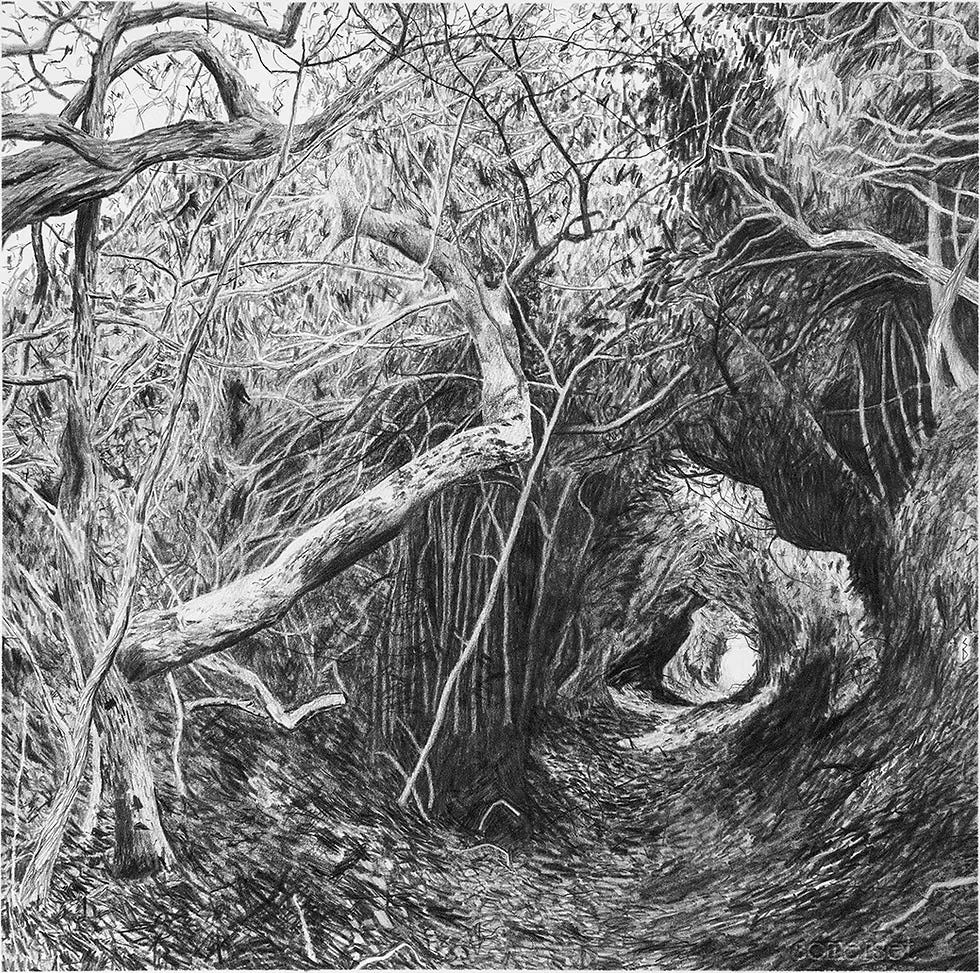With few exceptions, everything has a beginning. This one is for Nocturne Harrow—the author and the publication. It is the project of a deeply human author trying to reengage the deeply human. If Nocturne Harrow amounts to nothing more, it is my sincerest wish that it is remembered by someone, somewhere as a man's innervated attempt to put on his bravest face.
In recent months, I have been afflicted with a particularly pernicious condition—the kind that escapes easy definition and only comes into focus when the proper word-lenses that are close-but-not-quite-that are aligned. The French might call it "ennui;" the Ancient Greeks might call it "acedia;" men of the cloth might call it the "Noonday Demon;" and modern folk might blink their eyes vacantly and call it depression.
Last week, I visited my old Barnes & Noble - the same one that, many years ago, stocked my childhood shelf. I don't get to visit it much anymore. It had magic once—as a child, the stacks whispered their stories to me. At some point they stopped whispering—or I stopped listening. Instead of collecting stories I started collecting reliquaries. So it was no surprise that I soon found myself in the Classics section, where ‘special edition’ covers glitter seductively; they must know they are there to be seen and not heard.
I pulled a copy of The Sun Also Rises off the shelf, flipped it over in my hands, and saw the following on the back cover:
"I can't stand to think my life is going so fast and I'm not really living it."
I suppose that gets as close as anything else. It begs a question to which Nocturne Harrow is at least a partial reply to.
Maybe the priests really do have the closest answer—I feel shadows, everywhere. One of them is mine. I'd like to get to know him better; I think he's tired and would like to rest for awhile.


